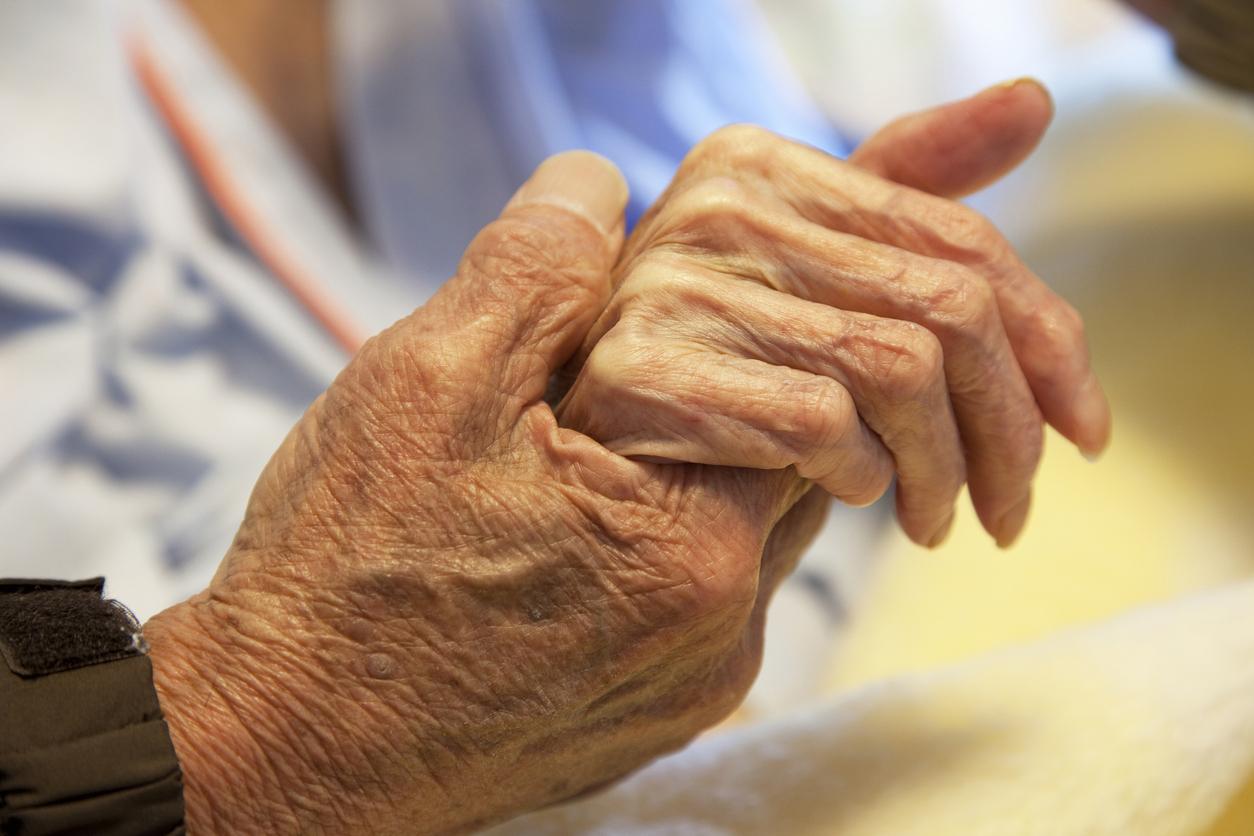While a future law on the end of life is fueling numerous debates, the National Academy of Surgery has expressed its opinion: it is in favor of a text surrounding assisted suicide, but not active euthanasia by a doctor.

- The National Academy of Surgery says it is in favor of a text surrounding assisted suicide.
- She recommends that it be inspired by the Oregon system. The doctor can prescribe the product but is not obliged to administer it. The patient has the option of taking it with a doctor, alone or with the help of an association.
- The National Academy of Surgery also believes that the generalization of the organization of palliative care is the essential prerequisite before any other legislative initiative. Between 20 and 25 departments do not have one.
The legal and ethics commission of the National Academy of Surgery looked at the various scientific data, articles and practices concerning the end of life with a view to the bill in preparation. After approximately eight months of work, its members say they are in favor of a text allowing assisted suicide, if the latter protects the conscience clause of doctors.
End of life: euthanasia no, assisted suicide yes
“Why is the academy of surgery tackling this question? We are always faced with the problems of life and death. There are very important decisions that must be made in our souls and consciences. A project or a proposed future law is of great interest to us.”explains Professor Olivier Jardé, President of the National Academy of Surgery during the organization’s press briefing held this Wednesday, February 28, 2024.
First observation of the surgeons who participated in the commission: “The 2005 law extended by that of 2016 (Claeys-Leonetti, Editor’s note) – which establishes palliative care or even putting people to sleep to eliminate suffering – are good laws. Unfortunately, they are poorly applied”, indicates the president. In fact, between 20 and 25 departments still do not have palliative care structures. For the members of the committee, it is essential that the system provided for in the texts be generalized to the entire territory.
However, they recognize that even with a more comprehensive rollout of palliative care, the law may still “evolve” to better meet support needs. If they position themselves against active euthanasia by the doctor, they approve the establishment of a system allowing assisted suicide where the conscience clause of health professionals is respected.
After reviewing the different assisted suicide systems applied around the world, the members of the legal and ethical commission of the National Academy of Surgery propose to draw inspiration from the Oregon protocol.
Assisted suicide: what is the Oregon protocol?
The Oregon Protocol has been applied in this American state for almost 25 years. Around 2,400 people have benefited from it since its deployment. “In 2022, there will be 278 individuals. Which represents 0.6% of deaths in the state. The average age is over 70 years old.”
This device responds to several concerns of surgeons, particularly in terms of respecting the conscience clause of doctors. “It provides for a prescription of products such as Benzodiazepines, Propofol or Midazolam by a doctor, but which is not necessarily followed by medical support. That is to say, the doctor can prescribe it, but he does not is not obliged to do the administration”, specifies the president. If the latter is not done by a health professional, the patient will have the possibility of doing it alone or of turning to an association (like those existing in Switzerland). Professor Olivier Jardé adds that American studies show that 54% of deaths occur without medical presence. “Moreover, some patients keep the prescription at home without using it.”
In addition, the prescription of the products necessary for assisted suicide is based on several rules. To obtain it, the patient must:
- have an incurable illness diagnosed as such: death is expected within 6 months;
- to be of age ;
- have a free and informed decision or advance directives;
- have refractory suffering: a condition that should not arise due to palliative care;
- not suffer from psychological or psychiatric problems.
“We are not opposed to the establishment of a system following this type of modalities. However, we are waiting to have details on the modalities of the proposed law which will be proposed, to decide both on the substance and on Form”specifies Professor Hubert Johanet, permanent secretary of the ANC.
For the National Academy of Surgery, it is essential to address the issue of end-of-life support. “There are a certain number of French people who look for solutions elsewhere, notably in Belgium or Switzerland. This concerns between 200 and 800 people per year. This may seem like a small number of people concerned. But the problem remains there , so as part of supporting patients, we must try to find a solution”, recalls Professor Johanet.
















